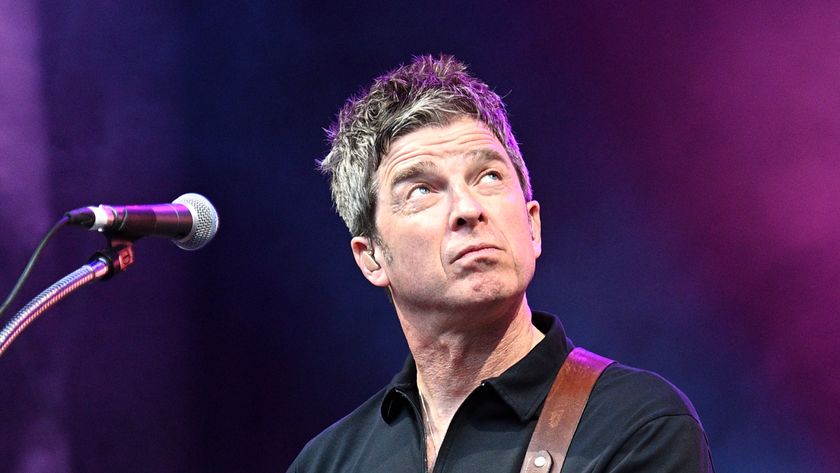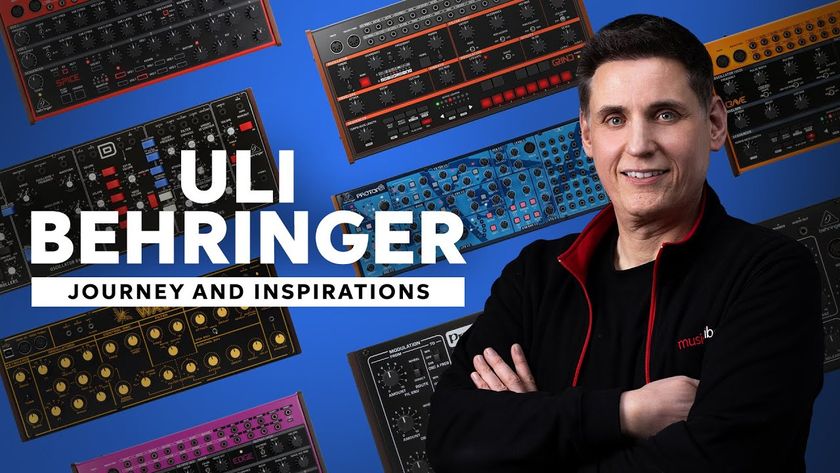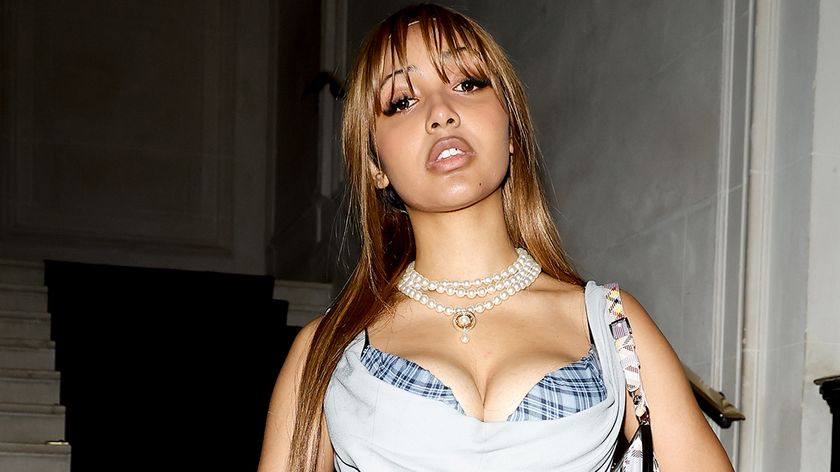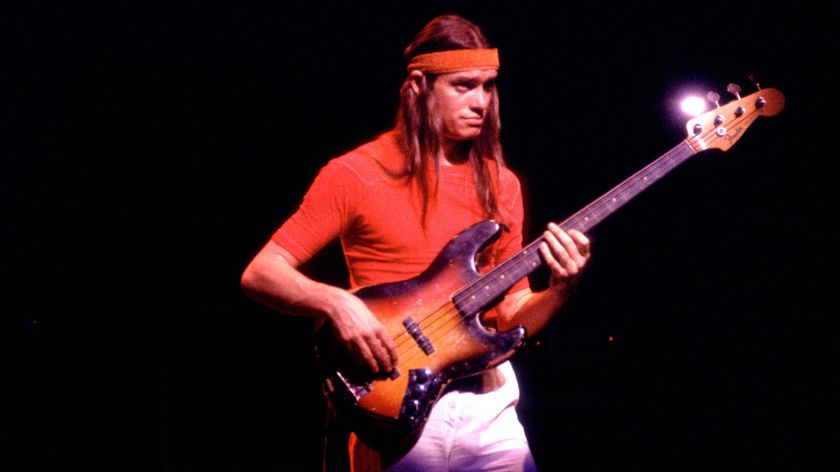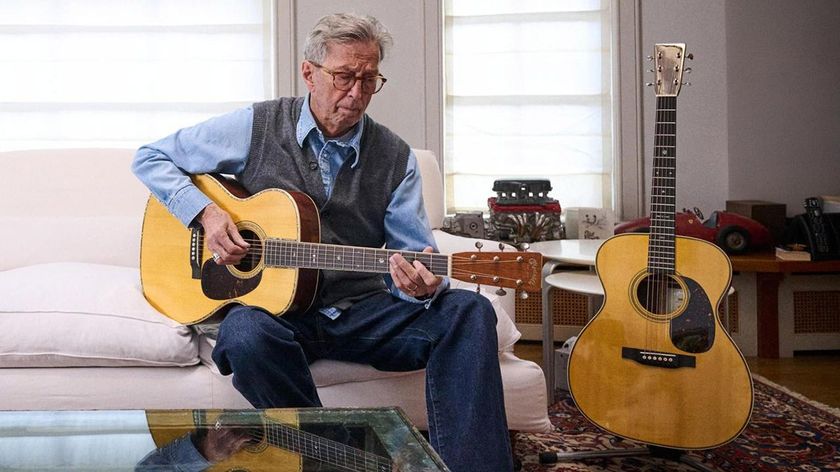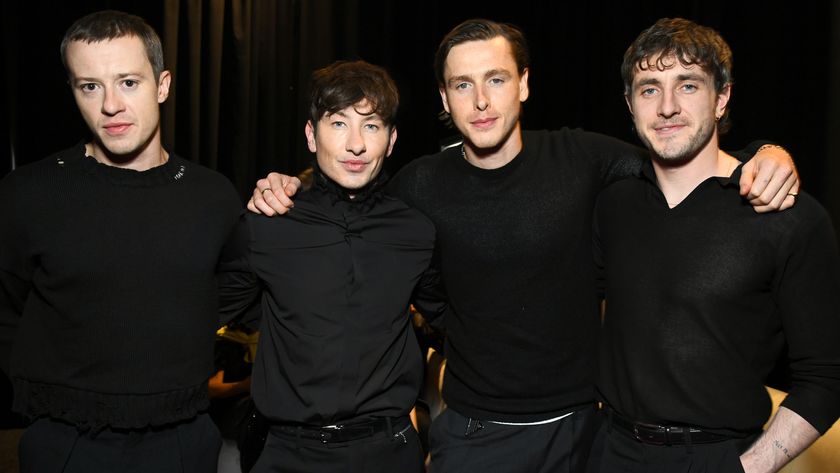Sacha Robotti: 5 things I've learned about music production
As he releases a new EP on Dirtybird, the producer muses on his creative process
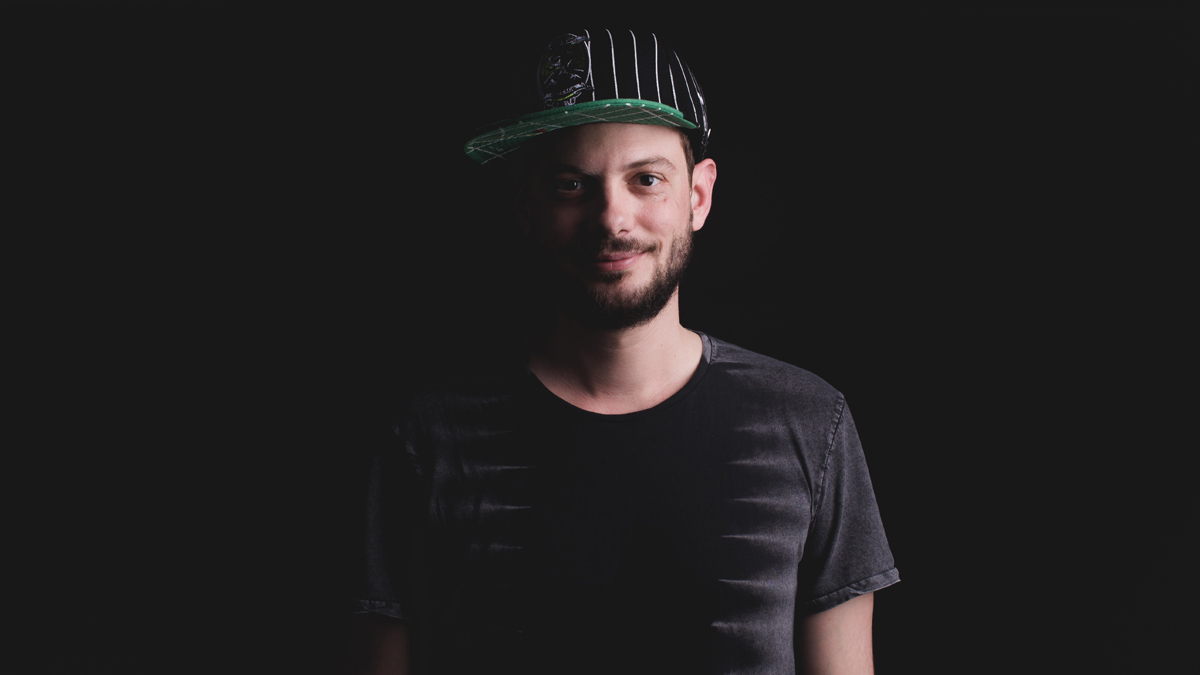
It was all change for house/techno producer Sacha Robotti recently, as he relocated his studio from Berlin to Los Angeles.
It’s a new beginning for a man who started making music at the age of seven and was drawn into his native Brussels’ underground techno scene as a teenager in the ‘90s. He’s marked the ocassion by releasing Melato Nina, his first EP on the Dirtybird label.
We asked Sacha to tell us what he’s learned on his music production journey; here are his words of wisdom.
1. Act on inspiration
“I work best when I'm inspired and act on it; that's the spark in my creative process. Inspiration comes from all sorts of things or people - nature, art, film, drugs, experiences – anything, really, can be distilled into an idea for a song! The more I'm inspired, the faster I get into the flow state, and the more fun I have while I'm transferring ideas and emotion into music.”
2. Simplification vs chaos
“I'm grateful to have had an epiphany about ten years ago thanks to Karl Bartos, formerly of Kraftwerk, who was my mentor at the University of the Arts in Berlin. His advice resonated with me: simplification, be it with vocals, the groove, the structure or the melodies, leaves room for tension and breathing in the music and your brain. The less clutter, the more space your track has to unfold.
“That said, chaos and overload talk to me, too, as tools to express myself musically. I haven't shared much of what I’ve made in those regards yet, but it's very liberating to make music that doesn't follow rules or fit a functional club format.”
3. Put yourself in a place to create
“As an artist, my state of mind is a driving force. I make some of my best tracks when I'm in a good place, feeling strong, upbeat and on a high frequency. I get there through all sorts of actions; enjoying life, inspiration, overcoming challenges, belief in myself and my goals, love for myself and others.
Get the MusicRadar Newsletter
Want all the hottest music and gear news, reviews, deals, features and more, direct to your inbox? Sign up here.
“Dark emotional states are also great catalysts for creating art, as you can channel strong emotions into something that you made, and that ultimately makes you feel free. Music is a very cathartic experience for me.”
4. Process and finish
“When I have an idea and I'm in the creative process of writing a track, there's a moment when I find myself stoked to listen to a loop I just made for a couple of hours, thinking how sick it is. I'm in a good place then to arrange it into a track! I'm excited when I think about where I want to go with the arrangement, and then I make it happen. Ideas will pop up during the process and it might turn out completely differently than I thought.
“I finish a first version that I can play out in front of a crowd; that's one of the most important things in my process. I like to come back to finished tracks a few days later to revisit them, sometimes only to change a few minor details, sometimes to re-write the whole track and test it out again in the club! This happens until I'm happy with it and I demo it. And so the cycle continues.”
5. Take breaks
“Honestly, work as hard as you can and go all out on stage whenever you have a show, but don't forget to rest, take breaks from the lifestyle, chill with friends, surround yourself with people who are not toxic, eat food that's good for you, enjoy life and look after your physical shape and mental health - even if it's just for a few hours a day.
“It's hard to keep that discipline for me, too, but I know the lifestyle takes its toll when I don't do that, especially if I'm on tour and in the studio a lot. If you want to stay in the game for a long time, you need to take care of yourself and be on a high frequency. And then you'll probably also end up making better art!”

I’m the Deputy Editor of MusicRadar, having worked on the site since its launch in 2007. I previously spent eight years working on our sister magazine, Computer Music. I’ve been playing the piano, gigging in bands and failing to finish tracks at home for more than 30 years, 24 of which I’ve also spent writing about music and the ever-changing technology used to make it.

“My love letter to a vanished era that shaped not just my career but my identity”: Mark Ronson’s new memoir lifts the lid on his DJing career in '90s New York
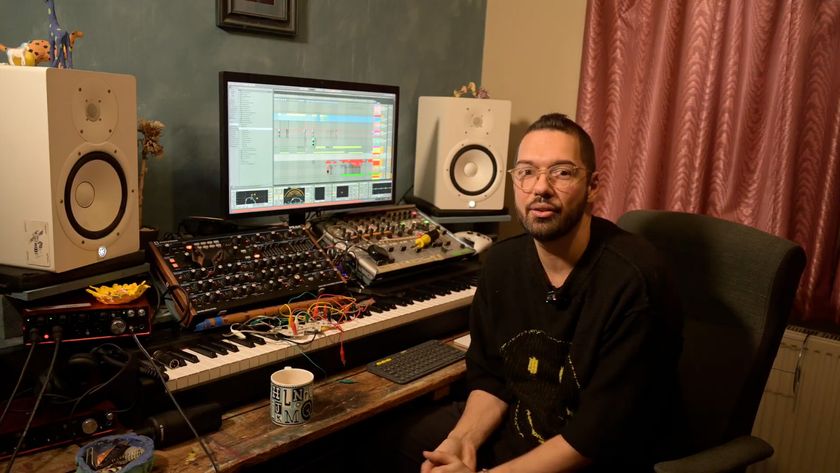
“I'm always starting up sessions and not finishing them, but I don't see that as unproductive”: Virtuosic UK producer Djrum talks creativity and making Frekm Pt.2
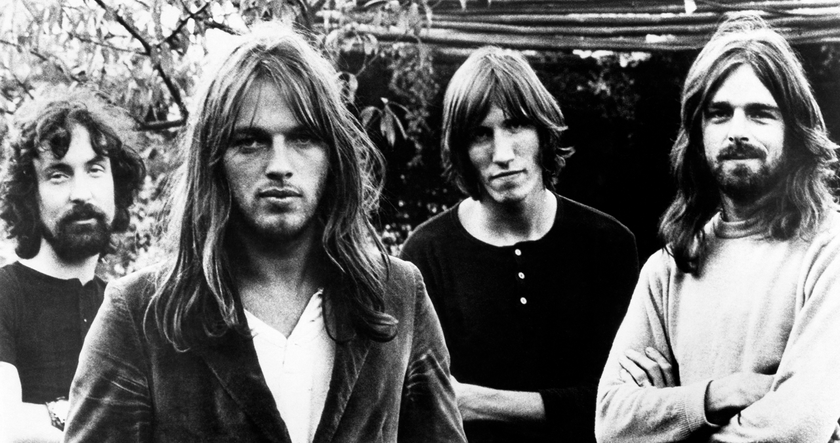


![Chris Hayes [left] wears a purple checked shirt and plays his 1957 Stratocaster in the studio; Michael J. Fox tears it up onstage as Marty McFly in the 1985 blockbuster Back To The Future.](https://cdn.mos.cms.futurecdn.net/nWZUSbFAwA6EqQdruLmXXh-840-80.jpg)
